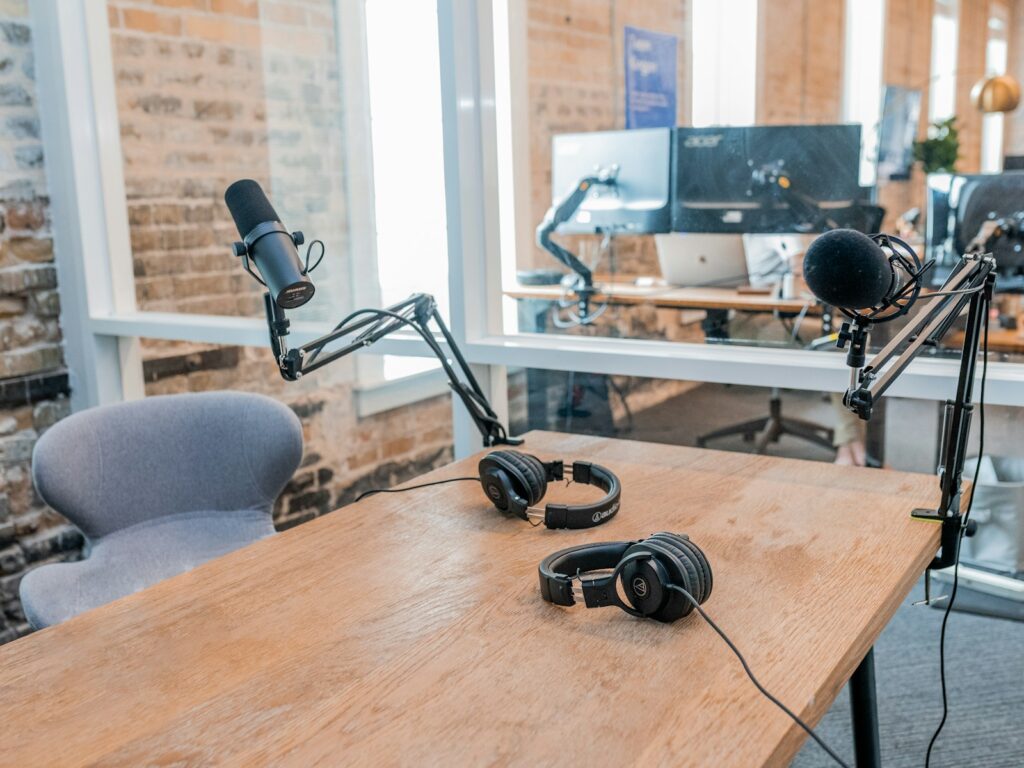Start learning today!
Get early access to learning opportunities from Journalism Courses by the Knight Center.

For the 345 participants from over 40 countries who enrolled in the Knight Center for Journalism in the Americas’ “Audio Intensive Storytelling for Journalists” course, the experience provided the opportunity to master audio storytelling and expand their knowledge of podcasting techniques. As one participant commented, “I deeply appreciate the focus on audio storytelling, audio structure, and audio ethical considerations.”
The four-week advanced training, held from July 15 to August 11, 2024, and led by audio journalist, consultant, and storytelling expert Tamar Charney, was just one of the low-cost and free online courses that the Knight Center offers each year. While this course was offered only in English, plans are in the works to offer versions in Spanish and Portuguese in the future.
The course offered a comprehensive introduction to audio journalism and its growing significance in the evolving media landscape. It provided an invaluable opportunity for professionals exploring audio storytelling to gain a deeper understanding of how to harness this powerful journalistic tool effectively.
Course participants had access to video lessons, live sessions, reading materials, and a hands-on worksheet. A key highlight was watching exclusive video interviews with a stellar lineup of guest speakers, including industry leaders like NPR’s National Political Correspondent Don Gonyea, SVP and Head of Global Audio at Conde Nast Chris Bannon, host of U.S. talk show 1A Jenn White, and nationally-renowned voice coach Jessica Hansen.
The first module laid the foundation for creating successful audio stories. Charney introduced the audio journalism landscape and explained how mastering audio storytelling can be vital for journalists. She guided participants through key steps to ensure their stories were cohesive and compelling from start to finish.
The second module focused on adapting core journalism skills for audio, demonstrating how journalists of all backgrounds and experience levels can leverage their existing abilities to create impactful audio stories. This module resonated with many participants, with one student appreciating the “emphasis on writing for orality” as their favorite part, calling it “the most complex step in sound journalism, and it is very well explained in this course.”
Module three covered the essential audio skills of field recording and voice performance. One student shared that “learning to warm up for a script” was their favorite part of the course, describing it as “fun and something [they’ll] continue to practice.”
Finally, module four explored the three key formats of audio storytelling: two-way interviews, short-form audio stories, and long-form audio narratives, providing students with the tools to master each.
Each module included a live session with over 50 students in attendance. One participant remarked that the live sessions were the most valuable aspect, noting, “Interacting with the instructor and fellow students really helped with brainstorming.” Others mentioned the interviews and practical tips as standout features. Overall, students expressed high satisfaction with the course, with many stating they would enthusiastically recommend it to others.
If you’re interested in courses like this, click here to explore a wide range of other classes that are currently open for registration or available on demand.
Get early access to learning opportunities from Journalism Courses by the Knight Center.